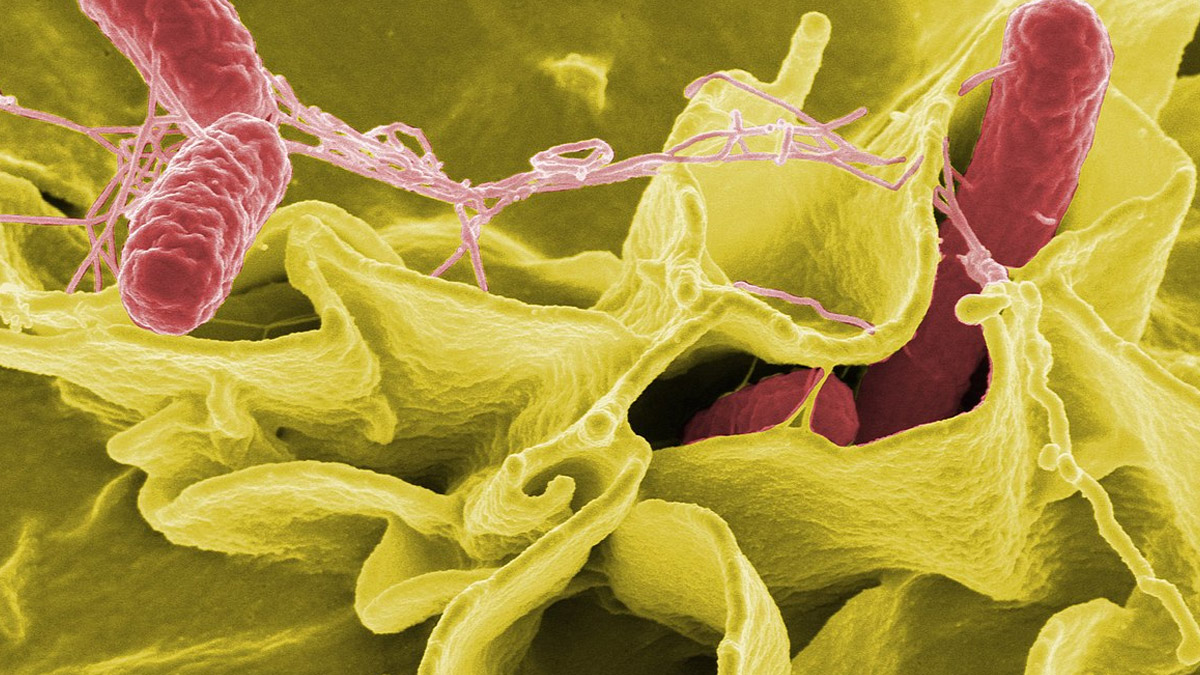
Walmart has issued a recall for Marketside Fresh Cut Cucumber Slices sold in 34 stores across Texas due to potential salmonella contamination. The announcement has raised concerns among consumers about the risks associated with salmonella infections and food safety practices. Here’s what you need to know about the recall, salmonella infections, their symptoms, and prevention.
Table of Content:-
Details of the Recall
The recall affects Marketside Fresh Cut Cucumber Slices with all date codes up to December 1. These cucumbers were sourced from SunFed Produce, an Arizona-based supplier that had previously issued a recall for cucumbers linked to salmonella contamination. The affected produce was sold between October 12 and November 26 in stores across the U.S. and parts of Canada, including major retailers like Walmart and Costco.
Walmart has advised customers to discard the cucumber slices or return them to the store for a refund. According to SunFed, immediate action was taken to address the issue once contamination was detected.

What Is Salmonella?
Salmonella is a type of bacteria that can cause gastrointestinal illness in humans. It is one of the leading causes of foodborne illness in the U.S., with an estimated 1.35 million infections annually, resulting in 26,500 hospitalizations and 420 deaths, according to the CDC.
The bacteria reside in the intestines of animals, birds, and humans and are typically transmitted through contaminated food or water. Common sources include raw or undercooked meat, poultry, eggs, and unwashed fruits and vegetables.
Also Read: Unknown Flu-Like Disease Kills At Least 79 People In DR Congo; Know All About It
Symptoms of Salmonella Infection
Salmonella infections, or salmonellosis, often manifest within 6 hours to 6 days after exposure and can last for 4–7 days. Symptoms include:
- Diarrhoea (sometimes bloody)
- Stomach cramps
- Fever
- Nausea and vomiting
In some cases, the infection may lead to severe complications. For example, the bacteria can enter the bloodstream, causing infections in the bones, joints, or nervous system. Certain strains may also trigger reactive arthritis, a condition that causes prolonged joint pain.

Risk Groups for Severe Illness
While most healthy individuals recover without treatment, certain groups are at a higher risk of severe complications, including:
- Children under 5 years
- Older adults
- Individuals with weakened immune systems
- Pregnant women, as infections can lead to dehydration or other complications for the mother and baby.
Causes of Salmonella Contamination
Several factors contribute to salmonella contamination, particularly in food products:
- Uncooked Meat and Poultry: Contamination can occur during processing. Handling raw meat without proper hygiene can spread the bacteria.
- Eggs: Birds infected with salmonella can produce eggs containing the bacteria. Consumption of raw or undercooked eggs increases the risk.
- Fruits and Vegetables: Contaminated water used in farming or washing can transfer salmonella to produce.
- Lack of Hygiene: Poor food preparation practices, such as unwashed hands or unclean kitchen surfaces, contribute significantly to the spread of salmonella.
- Contact with Pets: Reptiles, amphibians, and young birds often carry salmonella and can transmit it through contact.
Treatment and Recovery
Most salmonella infections resolve without medical intervention within a week. However, it’s crucial to stay hydrated, as diarrhoea can lead to significant fluid loss. In severe cases, medical treatment such as antibiotics or IV fluids may be required. Overuse of antibiotics, however, can contribute to drug resistance, so they are prescribed selectively.
Bottomline
The Walmart recall serves as a stark reminder of the importance of food safety and vigilance in monitoring potential contamination. For those affected by this recall or other foodborne outbreaks, understanding the risks of salmonella and adopting preventive measures can help protect against serious health complications. If you have purchased the affected products, dispose of them immediately or return them to the store for a refund. Always prioritize safe food handling to reduce the risk of infection.
Also watch this video
How we keep this article up to date:
We work with experts and keep a close eye on the latest in health and wellness. Whenever there is a new research or helpful information, we update our articles with accurate and useful advice.
Current Version